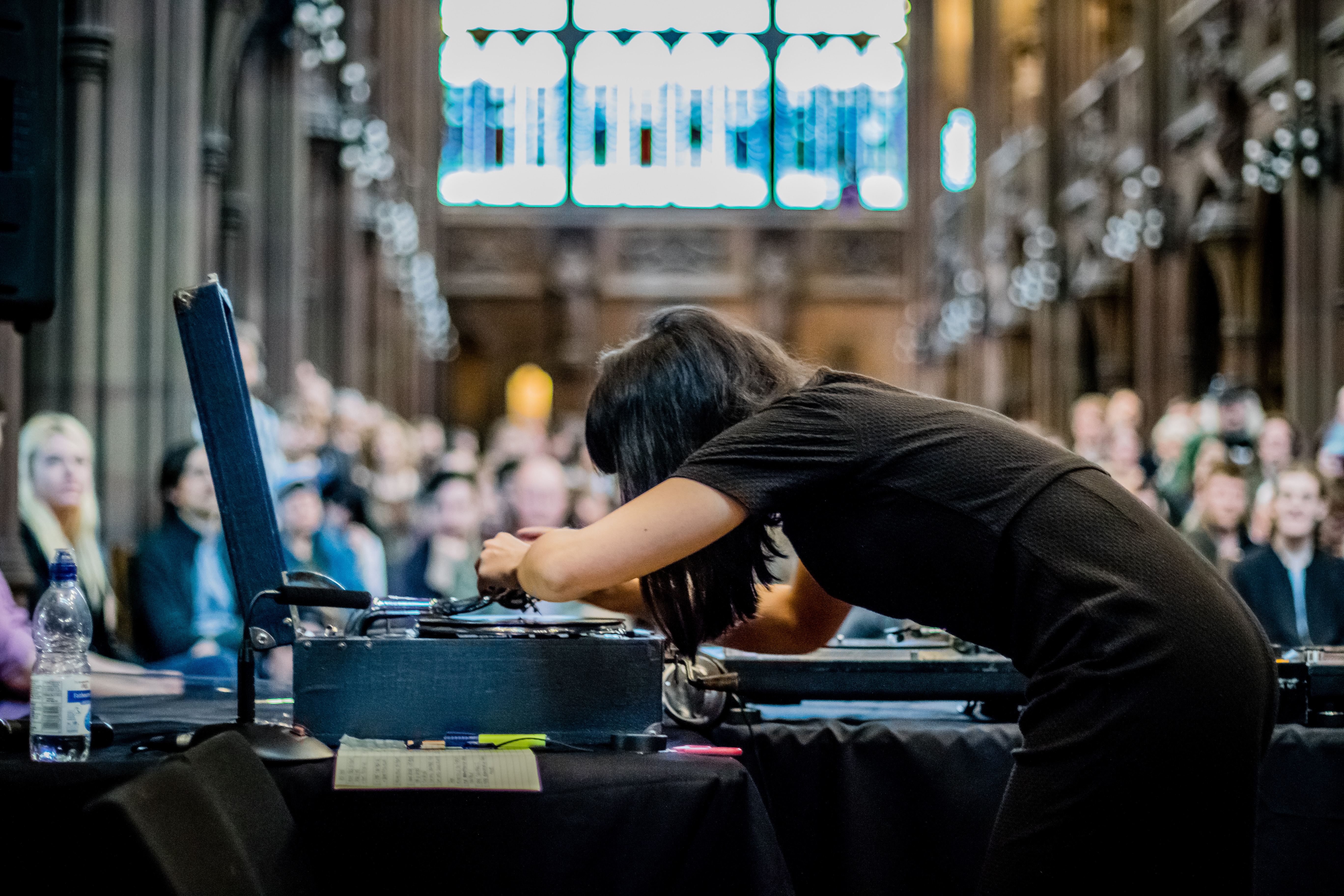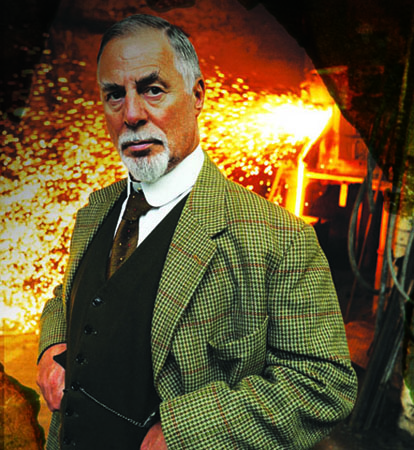In the pantheon of truly great British music acts of the 1960s, there’s no denying that Donovan deserves his place.
His early songs, a distinctive melange of folk, pop, jazz and psychedelia, helped to define their era – but to such an extent that during his later career he never quite shook them off, and he remains inextricably linked with a rather whimsical, hippyish sound. This might be regarded as a shame or, alternatively, as a sign that he’s doggedly stuck to his guns.
As a case in point, he appears at the Royal Northern College of Music tonight, as ever, alone on stage, seated throughout on a rug in his stockinged feet with a guitar and a harmonica. He remains an extremely talented and somewhat curious fellow. His inter-song banter is delivered with the lighting down very low, only raised for the songs themselves. His skill as a guitar player, one of his most underrated gifts, is undimmed, even if his singing voice has become a little more reedy with age. His speaking voice, meanwhile, shifts between faintly Glaswegian, strongly Glaswegian and, um, occasionally Jamaican. And his stage presence is odd, too: despite his giggly chattiness, he doesn’t make eye contact with the audience much, when a little more genuine charisma could go a long way.
 His current UK tour is in support of his new Retrospective greatest hits collection, although he insists that the real reason is as a gift to his fans. And when all’s said and done, what hits they are, taking in the likes of Catch the Wind, Colours, Sunshine Superman and The Hurdy Gurdy Man; they’re pretty much the mid-60s in aural form. There’s the odd venture off the beaten track – (Hey Gyp) Dig The Slowness comes out slightly ska-fied, and he conducts a multi-part audience sing-along for Happiness Runs.
His current UK tour is in support of his new Retrospective greatest hits collection, although he insists that the real reason is as a gift to his fans. And when all’s said and done, what hits they are, taking in the likes of Catch the Wind, Colours, Sunshine Superman and The Hurdy Gurdy Man; they’re pretty much the mid-60s in aural form. There’s the odd venture off the beaten track – (Hey Gyp) Dig The Slowness comes out slightly ska-fied, and he conducts a multi-part audience sing-along for Happiness Runs.
During the second half he stretches out his introductions into long reminiscences about the glory days and adventures with his chart contemporaries such as The Beatles and The Who. Such name-dropping does wear a bit thin, as though he’s a little too keen to stress his own place in pop history. You can’t blame him for feeling overlooked in the grand scheme of things, but he really shouldn’t have to do this. He’s one of the true talents of his generation, and if he’s now a man out of time in some respects, he has at least stayed true to his ideals and his art. And in performance he manages to comes across – just about – as endearingly odd and genuinely gifted.











